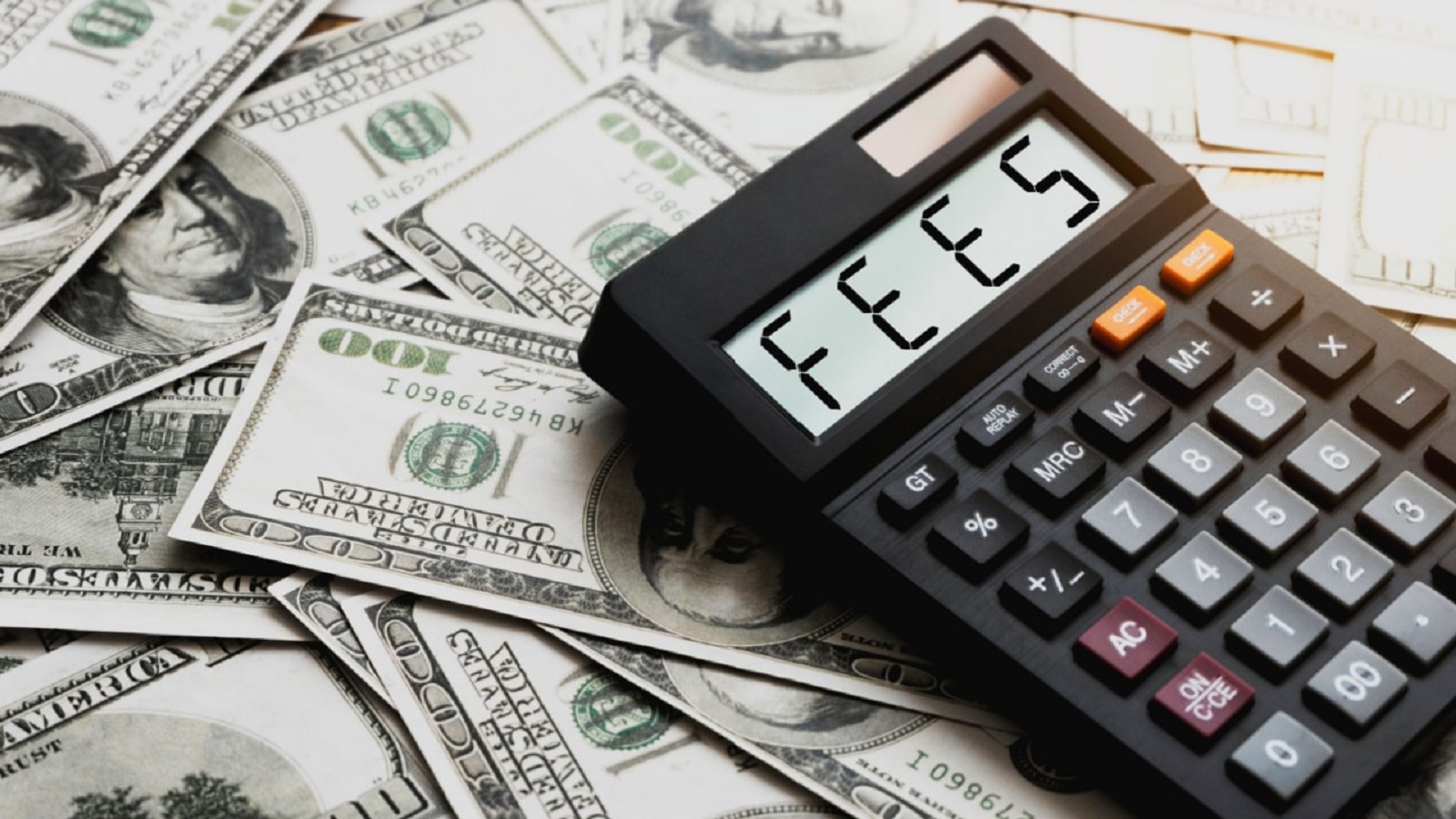If you’ve ever felt the pinch of waiting for payday to roll around, you’re not alone. For many Americans, the traditional biweekly paycheck can feel like a distant oasis in a desert of bills and expenses. But what if there was a way to access your hard-earned money every single day? That’s the promise of Earned Wage Access (EWA), a new approach to paying workers that’s starting to turn heads.
Understanding Earned Wage Access (EWA)

So, what exactly is EWA? Think of it like this: instead of waiting weeks to get paid, EWA lets you collect your earnings at the end of each workday.
Major Companies Embrace EWA

Sounds pretty convenient, right? Major companies like Walmart and Amazon are already offering this perk to their employees, and it’s gaining traction across the country.
Easing Daily Financial Burdens

It’s not hard to see why there’s so much buzz around EWA, as it allows Americans to cover daily expenses like groceries, gas, and utility bills without having to wait weeks for their paycheck to arrive.
EWA for Americans Living Paycheck to Paycheck

For many Americans living paycheck to paycheck, it could be a game-changer.
EWA vs. Payday Loans

But while EWA might sound like a dream come true, it’s not without its skeptics. Some people worry that it’s too similar to payday loans, which have a pretty bad reputation for trapping people in cycles of debt.
Skepticism Surrounding EWA

And while EWA providers argue that they’re different from payday lenders, some of them do charge optional fees for the service, leading to comparisons and criticisms.
International Success

Despite the concerns, EWA has been a hit in other parts of the world. In the U.K., for example, almost every company that tried EWA said it helped their employees feel more financially secure.
Demand for Daily Wage Access In The U.S.

And here in the U.S., the demand for daily wage access is clear – a whopping 76% of American workers say they want it.
Regulatory Hurdles

So why isn’t EWA more widespread in the U.S.? The answer lies in the complex web of state and federal regulations that govern consumer lending.
While some states have embraced EWA, others have imposed restrictions or are considering legislation to regulate it more closely.
This regulatory patchwork makes it difficult for EWA providers to operate nationwide.
Advocates’ Perspective

But advocates of EWA aren’t giving up. They argue that it’s a tool for financial empowerment, not exploitation.
By giving workers more control over their earnings, EWA can help alleviate the stress of living paycheck to paycheck and reduce reliance on high-interest loans and credit cards.
Data Shows Users’ Responsible Withdrawal Patterns

The numbers seem to back up what advocates are saying. Data from EWA providers like CloudPay show that the average user only withdraws a small percentage of their earnings before payday, dispelling fears of misuse.
Instead, users are using EWA responsibly, withdrawing modest amounts to cover essential expenses and avoid accruing debt.
Addressing Financial Strain

With more than half of Americans living paycheck-to-paycheck and household debt at record highs, being able to access your earnings when you need them could make a big difference.
Fairness and Convenience

EWA is not just about convenience – it’s also about fairness. Why should you have to wait weeks to get paid for work you’ve already done?
That’s the question that EWA advocates are asking, and it’s one that’s resonating with a lot of people.
Managing Finances Better

Advocates contend that EWA is about helping you manage your finances better.
By giving you access to your earnings when you need them, EWA can help you avoid racking up credit card debt or getting stuck in expensive payday loan cycles.
The Drawbacks of Instant Withdrawal Charges

Of course, EWA isn’t perfect. Some providers charge fees for instant withdrawals, which can add up if you’re not careful.
Safeguarding Workers’ Rights

And there’s still the issue of making sure that EWA doesn’t become just another way for companies to squeeze more out of their workers.
The Future of Paychecks?

But despite the challenges, EWA has the potential to revolutionize the way we think about paychecks.
And as more and more companies start offering it as a perk, it could soon become a standard part of the modern workplace.
Workers’ Rights

In the end, the debate over EWA boils down to one question: Should workers have the right to access their earned wages whenever they need them?
Balancing Risks and Benefits

Advocates say yes, arguing that it’s a matter of financial fairness and freedom. But skeptics worry about the potential risks and pitfalls, urging caution and regulation.
How EWA Could Change Your Financial Outlook

So, what does all this mean for you? Well, if you’ve ever found yourself counting down the days until payday, EWA could be a game-changer.
And while it might take some time for the kinks to get ironed out, the future looks bright for daily compensation. Who knows – maybe one day, waiting for payday will be a thing of the past.
The post Earned Wage Access: American Workers Demand on Daily Pay – Discover Why! first appeared on Not Your Boss Babe.
Featured Image Credit: Shutterstock / Etoilestars.
The content of this article is for informational purposes only and does not constitute or replace professional financial advice.
For transparency, this content was partly developed with AI assistance and carefully curated by an experienced editor to be informative and ensure accuracy.





Leave a Reply